You can thank Glenn Kroeger, associate professor of the newly-renamed earth and environmental geosciences department, for not only his 39 years at the university, but for playing an integral role in bringing internet connection to Trinity in the early 1990s.
Before beginning his career at Trinity in 1986, he completed his undergraduate physics degree at Pomona College and studied graduate geophysics at Stanford University. There, he nurtured a passion for earthquake seismology and computational studies, working with early internet developers at Palo Alto Networks and Xerox and installing some of the earliest forms of Ethernet. After these projects, he developed system software for UC Berkeley.
“I really appreciated the undergraduate education I had at a small liberal arts and sciences institution, and I thought it would be neat if I could teach at a place like that,” Kroeger said.
After Kroeger officially retires from Trinity, he plans to invest more of his time into traveling and photography, using both film and digital cameras. This past week, he displayed some of his work outside of his office in Marrs McLean.
“I like to go out and hike where nobody is and take landscape photos,” Kroeger said. “I also like to fly fish. The nice thing is that a lot of the places where there’s great landscape scenery is also great fly fishing. So the two go together pretty well.”
In addition to teaching courses, Kroeger served as chair of the education and outreach program at Incorporated ResearchInstitutions for Seismology and was the first person from an undergraduate university to do so. There he focused on making impacts in K-12 science education. Although his specialty is geophysics, he said, a lot of his research has been in shallow geophysics, using seismic equipment and gravity meters in locations like the Basin and Range province and Canyonlands National Park.
He and other faculty members of the department completed geological surveys on developing faults in the areas, collecting data that helps geophysicists understand exactly how faultlines develop. One of Kroeger’s ongoing passion projects is developing new software that can accessibly process this data on any device with a web browser.
“I still have some data that, even though we’ve published initial results, I think there’s more to learn from it,” Kroeger said. “The problem is, in order to get that out of there, I need to develop some software to do some more advanced processing on it. The other reason I’m excited about that data is that it’s data that can’t be gathered again because of the restrictions now. Getting the most of it is really important.”
Kroeger said that one of the biggest lasting impacts that he’s left on the university is assisting in claiming Trinity’s domain name, ‘trinity.edu.’ Kroeger applied the skills he developed at Stanford to the very new network at Trinity, specifically in Marrs McLean.
“I remember running wires around Marrs McLean to build our own little network in geosciences,” Kroeger said. “I ran the very first Microsoft network on campus when it was still using IBM mainframes and running Novell servers.”
Kroeger and Larry Gindler, former assistant director of Trinity University Computing Center, now Informational Technology Services, appealed to the National Science Foundation in 1990. They obtained router and communication hardware in addition to leasing the communication line to the University of Texas Health Science Center, where they connected to the rest of the network. They also sent information in to claim the ‘trinity.edu’ domain name. They beat Trinity College to the claim by just one or two weeks.
“It could have been Trinity in Dublin, but we got ‘trinity.edu’ in part because we knew that it was important. We knew that was the future,” Kroeger said.
Although he has contributed immensely to the university over his four decades here, Kroeger said that his biggest impact is with the students he taught. He said that he advises his students to take advantage of any opportunity that they can and to plan one thing at a time.
“The one thing I’ve always said is, when it comes down to it, it’s really simple: take good classes, make good grades. If you take good classes, make good grades, most everything else just falls into place,” Kroeger said. “Someone once said you can’t plan your life. All you can plan is what you’re going to do next. Why did I end up a geophysicist? Because I didn’t like a music appreciation course.”


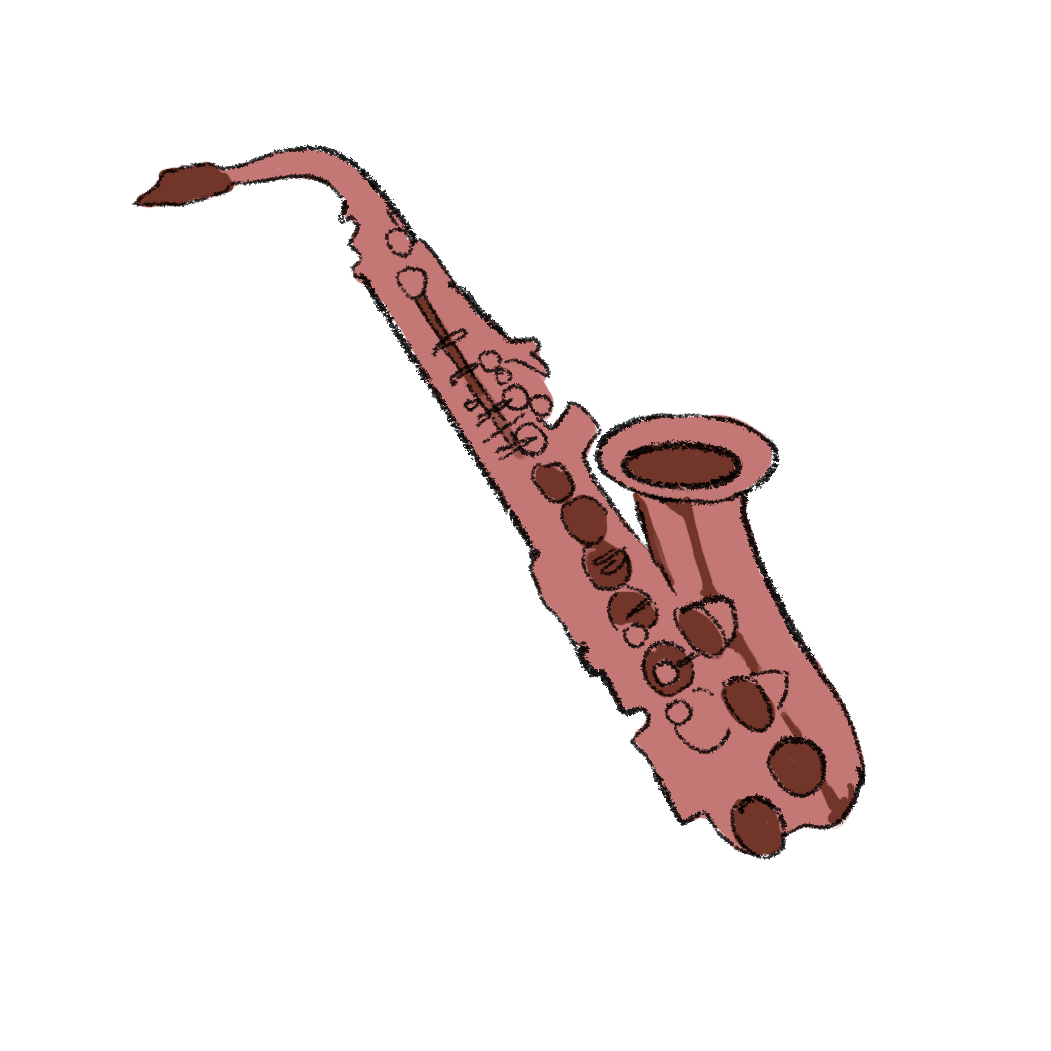

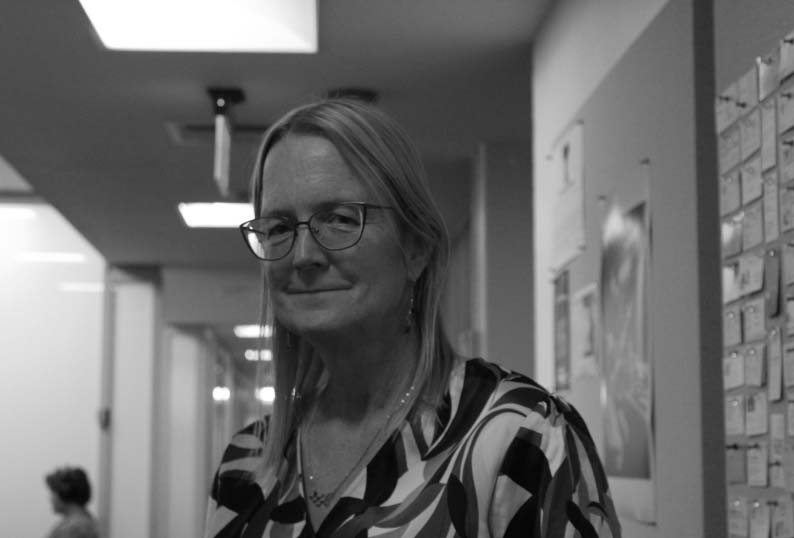
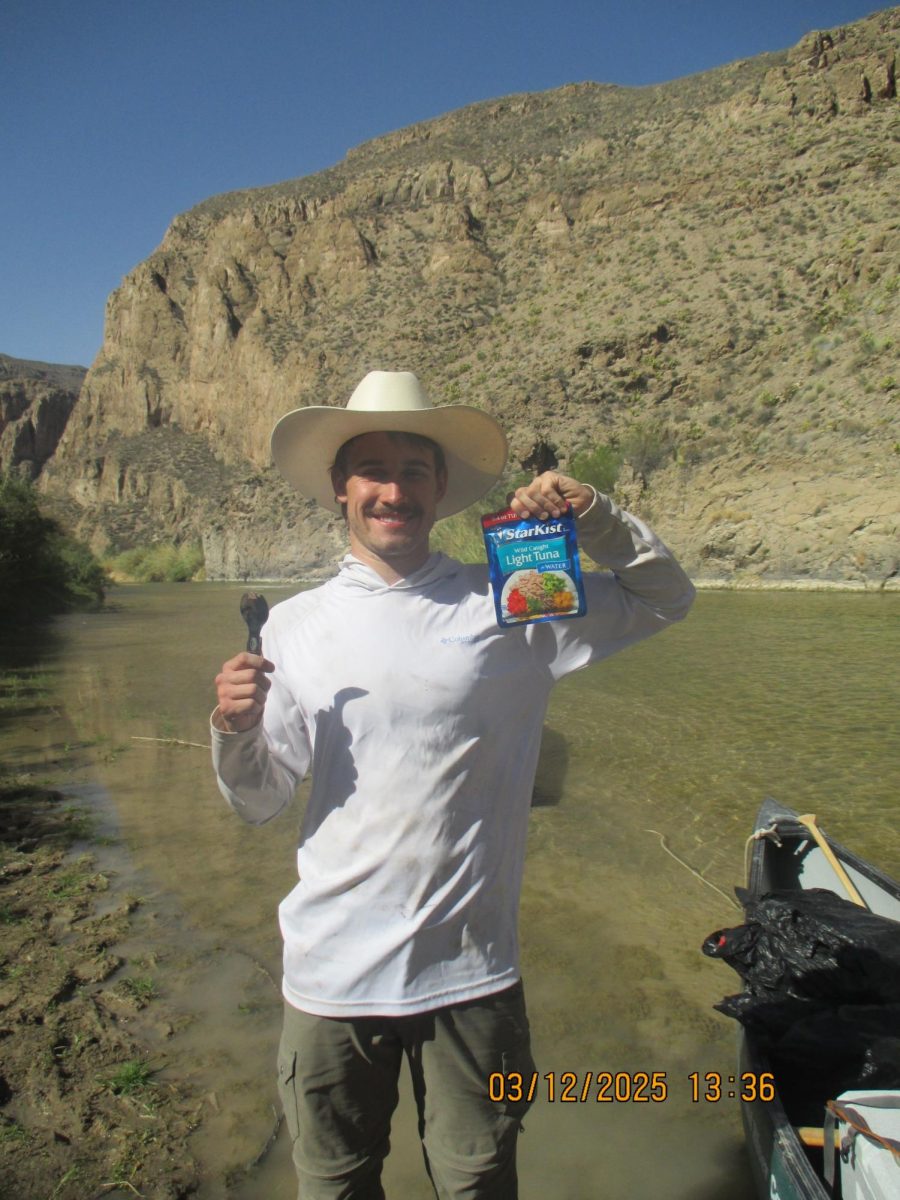
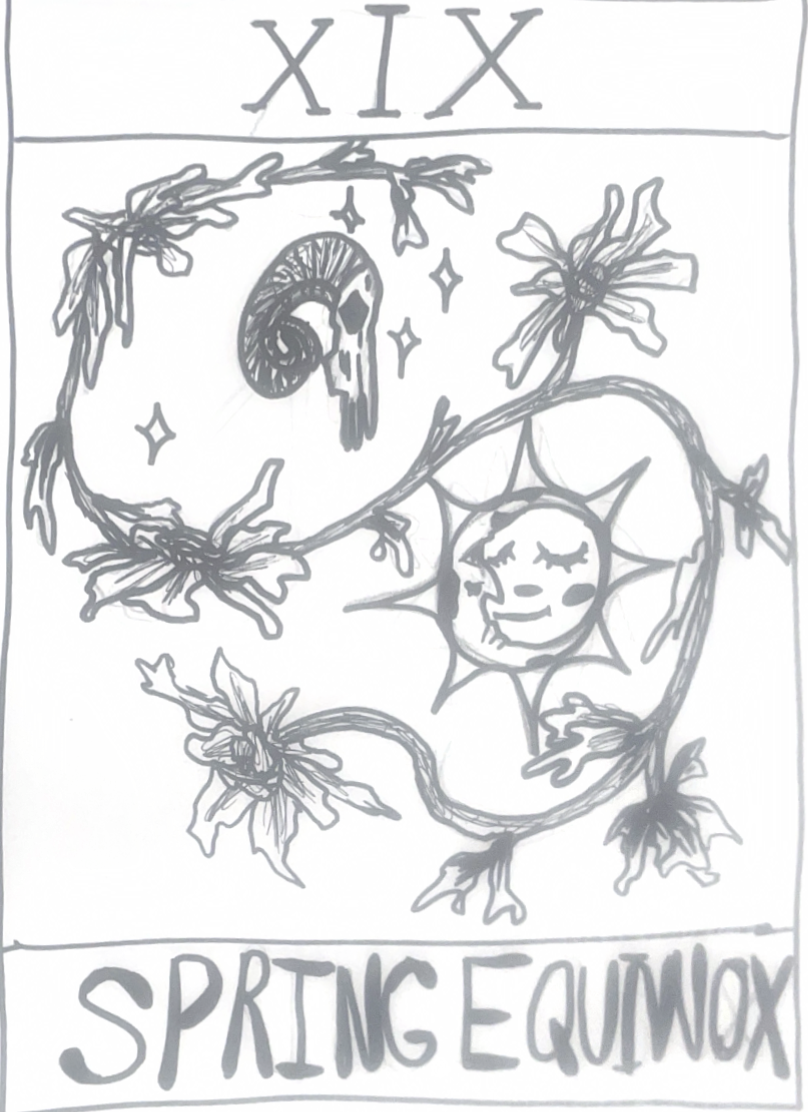
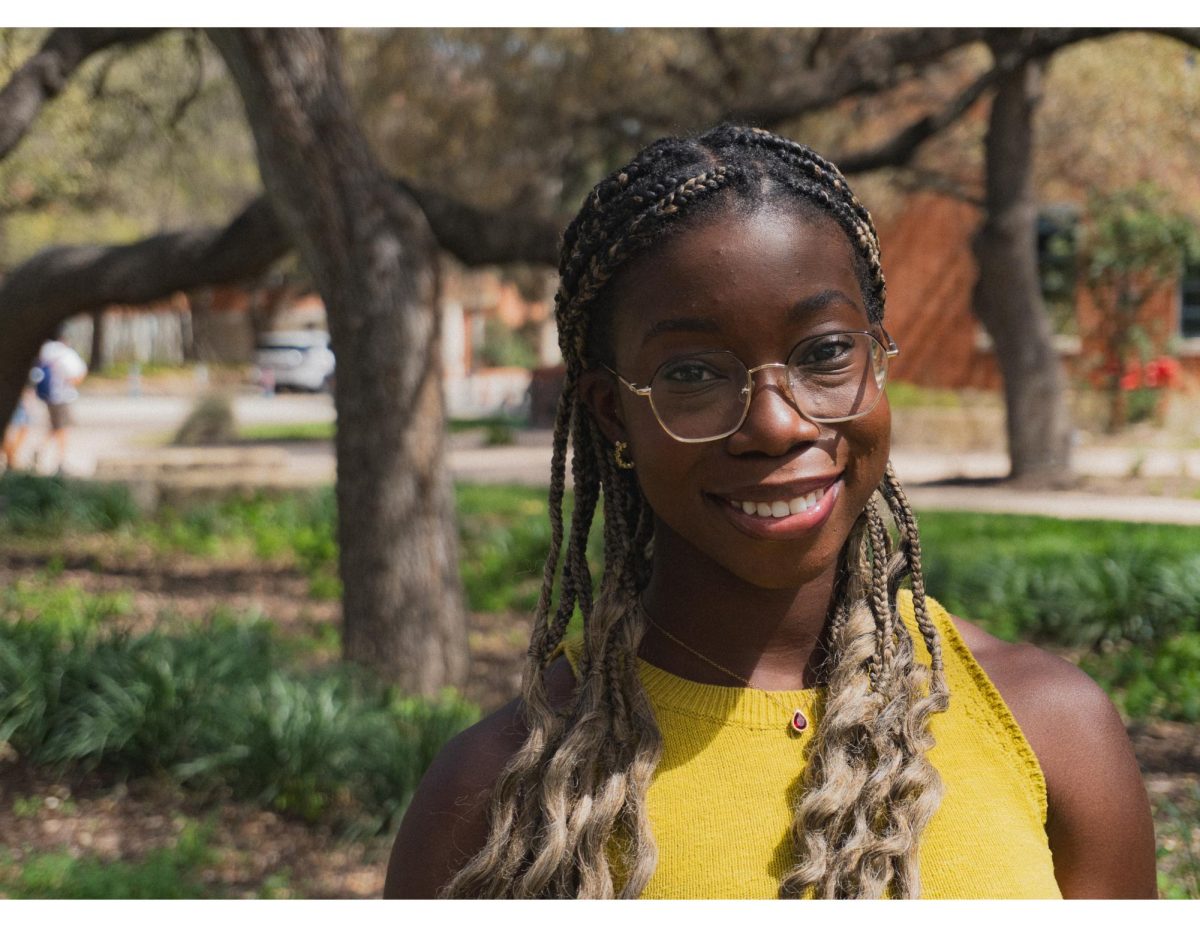
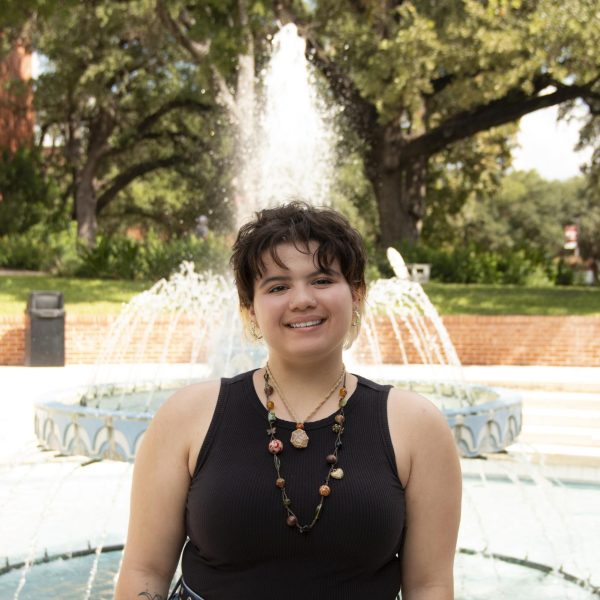
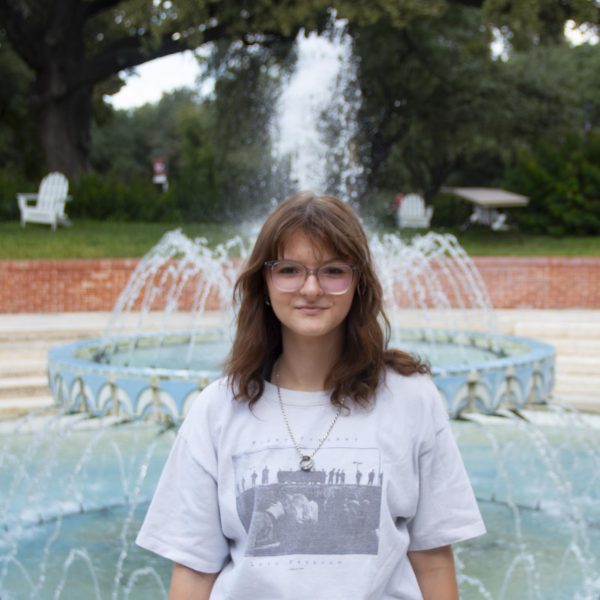
Jackie Ford • Feb 1, 2025 at 3:51 pm
Devon, what a great article. I hope the professor will plan a great retirement one day at a time. Aunt Jackie